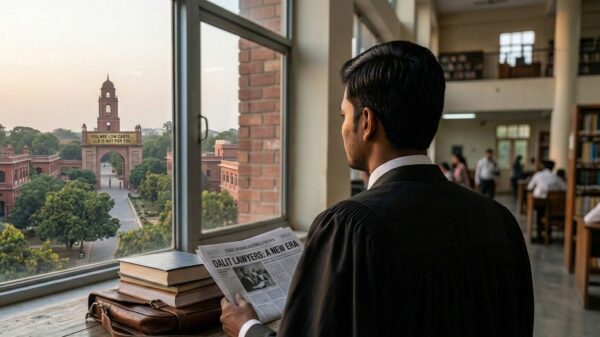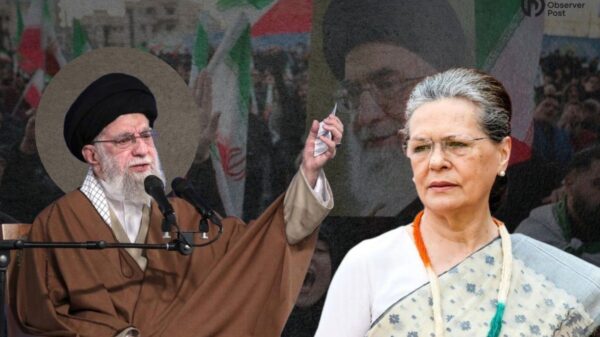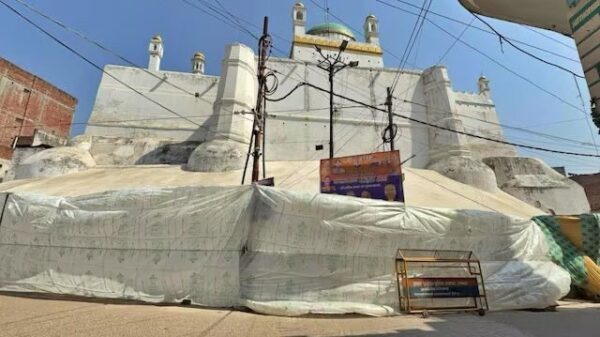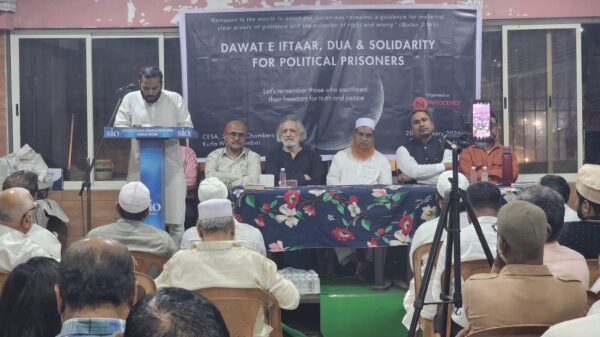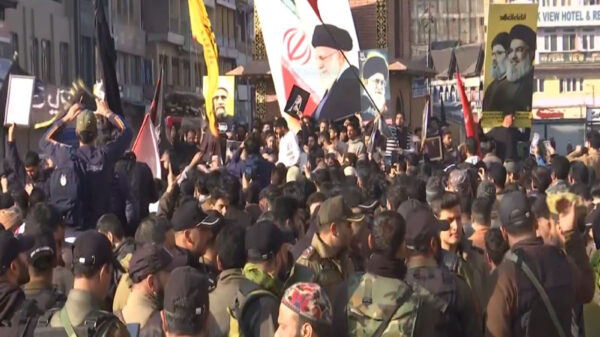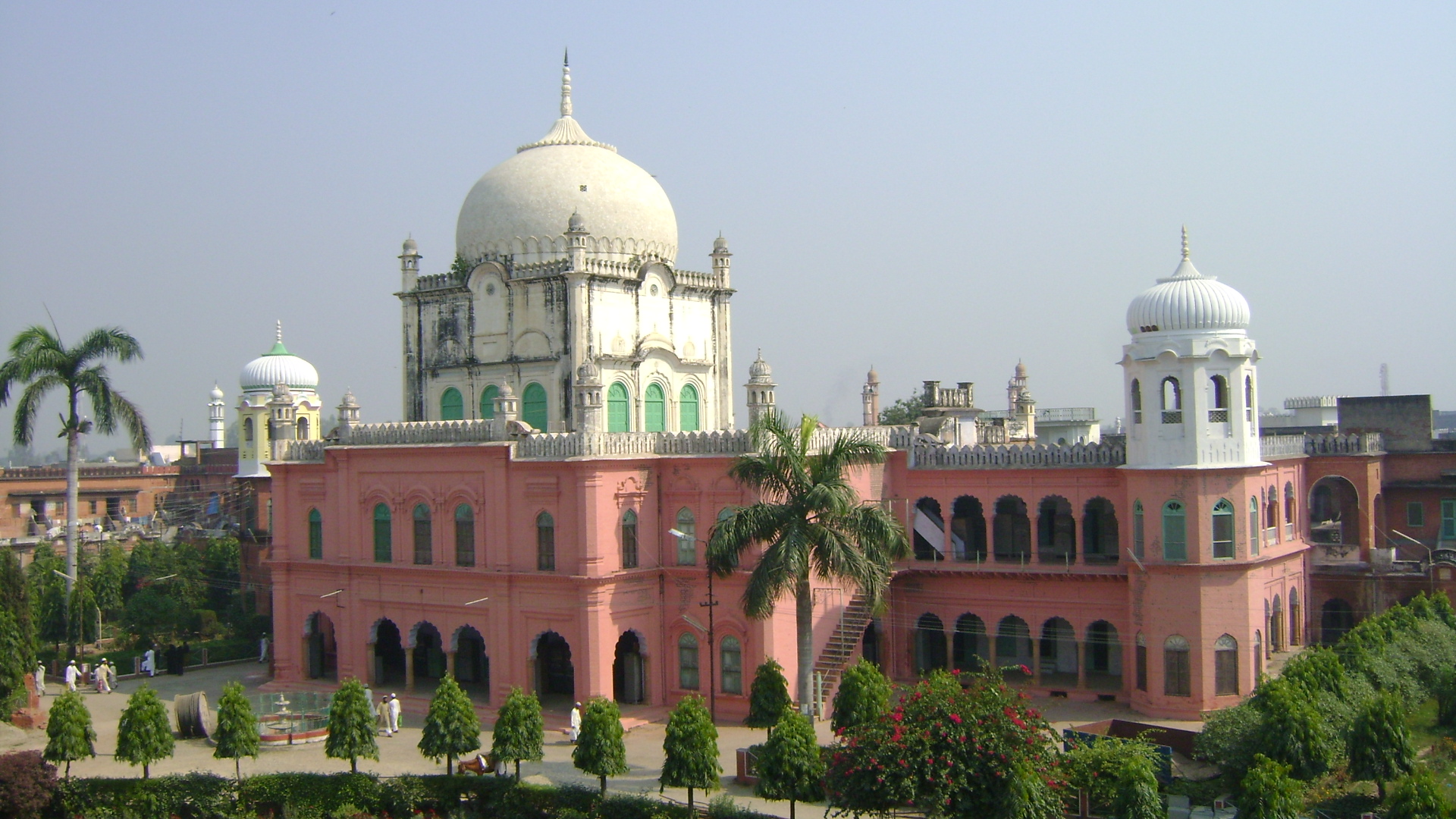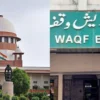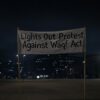India’s oldest Islamic seminary, Darul Uloom Deoband, has opposed the proposed changes to the Waqf law during a meeting with the Parliamentary committee. The meeting was held to discuss the Waqf Amendment Bill.
Maulana Arshad Madani, the principal of the seminary, told the committee that laws should not be changed just because they are not being effectively implemented. He said that it is the responsibility of administrators to ensure the proper execution of existing laws. Madani argued that the current law should remain in place, and there was no need to make changes based on poor enforcement.
“We should not change the law simply because it is not being implemented well. It’s the duty of those in charge to ensure proper implementation,” Madani said during the meeting.
The committee is reviewing the proposed amendments to the Waqf Act, which governs the administration of Waqf properties. Madani expressed concerns over the removal of certain sections in the proposed amendments, including Sections 40, 104, 107, 108, and 108A. These sections, according to Madani, are crucial for protecting Waqf properties and ensuring fairness in their administration.
“Removing these sections would harm the interests of Waqf properties. These provisions are essential for safeguarding the rights of the community,” Madani added.
Abul Qasim Nomani, the vice-chancellor of Darul Uloom Deoband, also attended the meeting and supported Madani’s views.
The proposed changes are part of the government’s effort to reform the Waqf law, but the opposition from Darul Uloom Deoband highlights the concerns of religious institutions. The Parliamentary committee will review the feedback before making any decisions on the amendments.
Jagdambika Pal, the BJP MP and chairman of the committee, noted that Darul Uloom Deoband, which has been around for 150 years, presented their views and suggestions in writing. “We have taken their views into account, and the committee will carefully review them,” he said.
The Waqf Act currently addresses issues like the ownership of properties, the rights of donors, and the administration of religious land.






